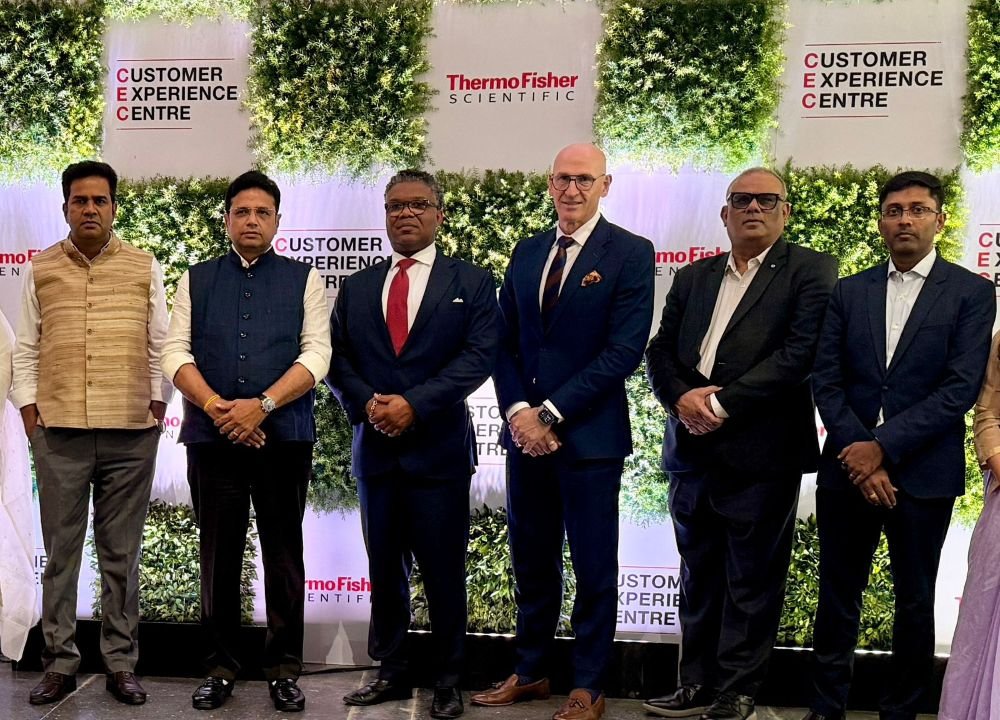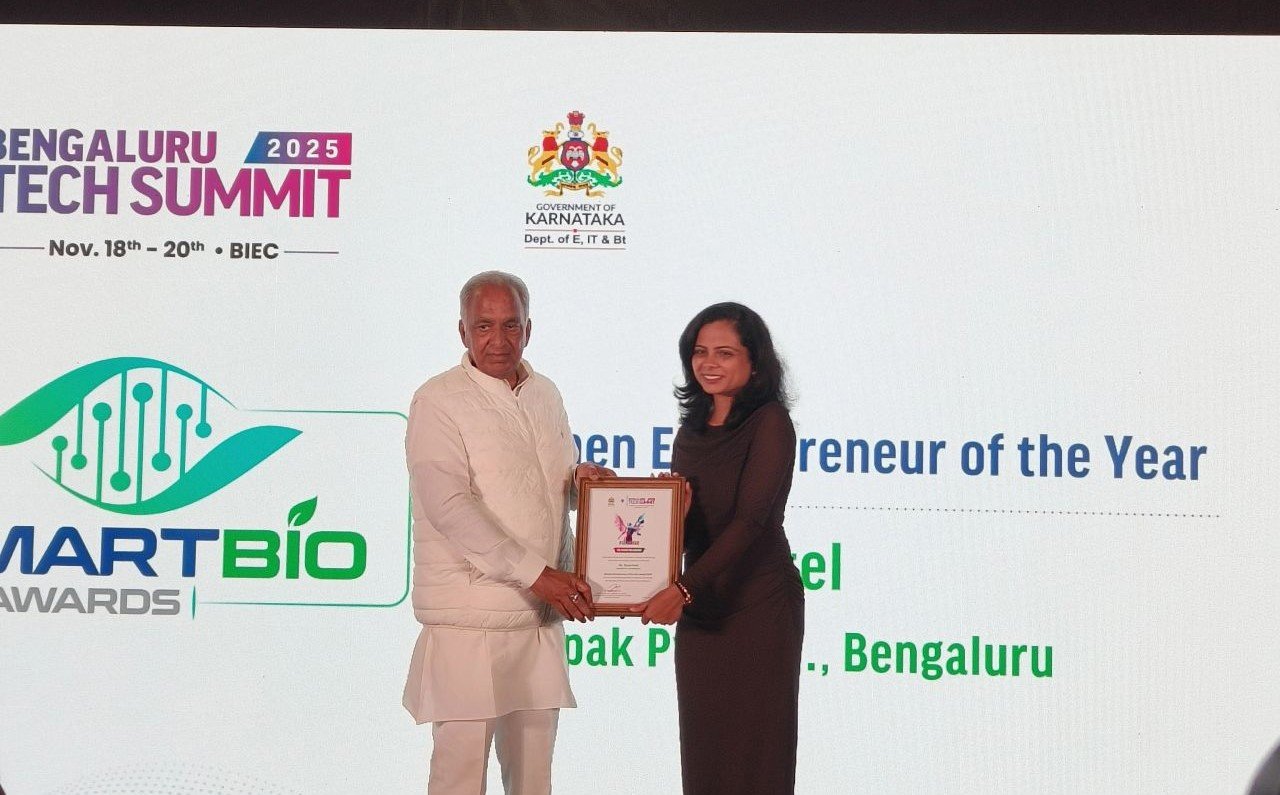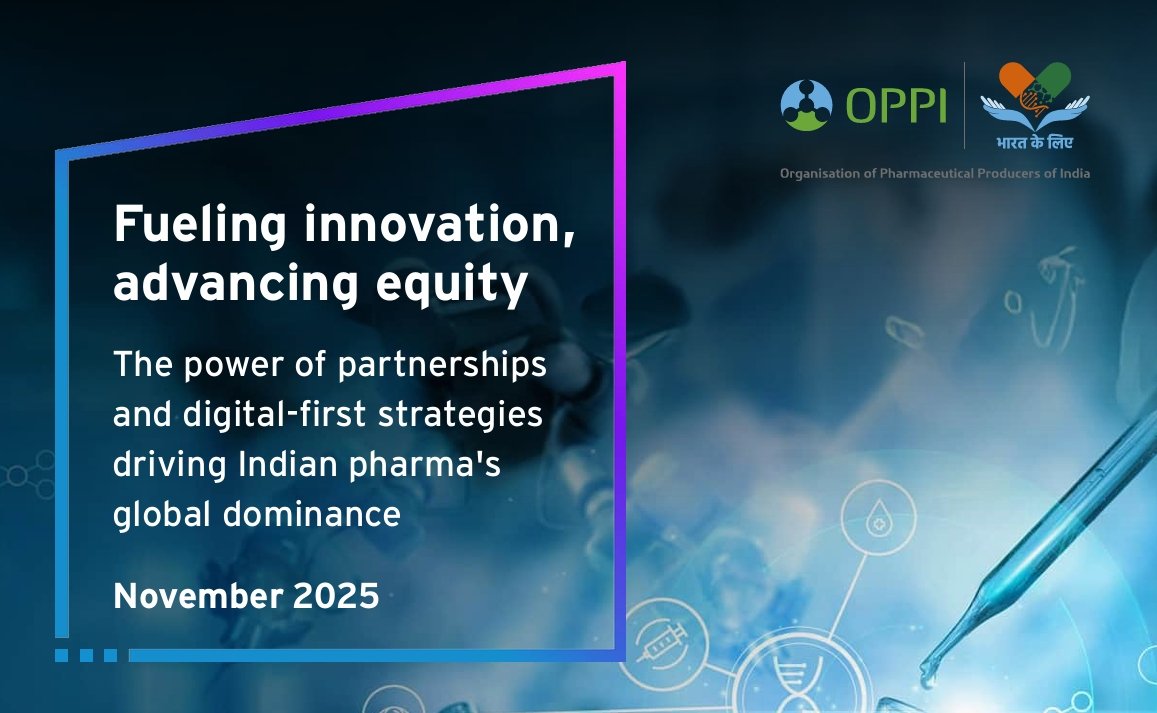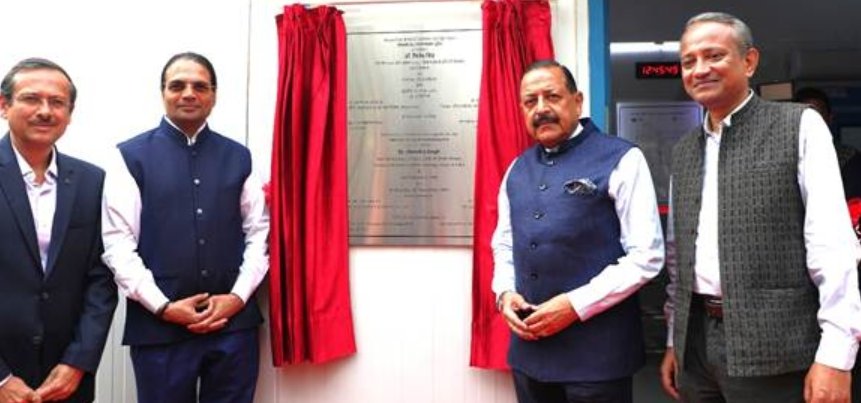"Like Indo-Australian relationship, nanobiotech has great potential"
April 02, 2014 | Wednesday | Interviews | By Rahul Koul Koul
"Like Indo-Australian relationship, nanobiotech has great potential"
Dr Rajendra K Pachauri, director general, TERI and Prof Jane den Hollander, vice chancellor, Deakin University
Q: How do you look at the nano-biotech achievements in India so far? Have the applications been enough?
Dr Pachauri: I think we started a little late but no doubt it looks very promising. Especially for our nano centre in agriculture and health, we have been putting our efforts to bring in new technologies. If you have to take a technology from lab to land, it takes time. You need to have a proof of concept, trials, eliminate any possibility of risk and so on. I would say overall it is looking very positive and bright.
Q: Why don't see enough product development happening in the area?
Dr Pachauri: We are almost there and I think within a short period of time, there would be lot of nanotechnology applications going into the agriculture, healthcare and other areas of life sciences.
Dr Hollander: When you prove a concept, you have to keep it affordable too. That is where the challenge lies and it takes time as there is no magic bullet. I agree with Dr Pachauri that nano will arrive as it only can provide long term solution to farmer's needs.
Q What were the reasons that you selected TERI as your partner in India?
Dr Hollander: TERI has a much applied approach. We were interested in linear approach to environment, water, healthcare through systematic development of nano-biotech technologies. Some solutions even if taking longer still address few key issues and the wait is definitely worth it. The collaboration is symbolic of the strong and vibrant relationship between the two institutions and their two countries.
Q: How do you look at the lack of national attention and enthusiasm towards science? Don't you think we need some policy revisiting?
Dr Pachauri: Addressing it from the Indian perspective, the failure of scientists to communicate enough is leading to unawareness among the policymakers. The other reality is that the attention is less as compared to other areas. Policymakers most of the time put attention to issues such as atomic energy and space where there are mammoth programmes. The money is largely invested despite the risk and non-surety on the outcome. But the sheer appeal of these areas attracts the kinds of funding. If you talk about the nano-technology, I am not sure too many people know about the benefits of this technology in the government. I feel that this is the time biotech industry has to public and create a kind of atmosphere where there is right level of support.
Bureaucracy and parliamentarians require orientation. There has been a policy failure. We have failed in ensuring the primary and secondary school children to be educated in biological sciences. When you look at the parliamentarians, we find only few scientists among them. We have been bad at communicating and not able to explain ourselves well. The parliamentarians surely can be taken to the schools as I remember in US, there was a committee that used to educate them but was dissolved later, which of course wasn't very right. During his first stint as prime minster, late Rajiv Gandhi wanted his cabinet ministers to visit scientific institutions at the regular intervals.
Q: How do you look at Australia and India on academic and Industry level collaborations?
Dr Pachauri: We have great deal of similarity in interests. There is a growing strategic partnership which is barely a reflection of global developments. There are a huge number of Australians who have migrated to Australia. We have a sizable diaspora there raising plenty of opportunities to collaborate which I hope would be mutually beneficial.
Dr Hollander: I think we have good understanding with each other. We both are democracies and the language also has not been a barrier.
Q: Please outline what are your long term expectations from this centre?
Dr Hollander: We expect the centre to help providing practical solutions to health and farming by making the drugs affordable and the farmer self sufficient respectively. It is important to find ways to commercialize the technologies and put it to the people or communities below poverty line.
Dr Pachauri: TERI is a very application oriented organization. We don't get any support from anywhere. Whatever we get has to have a promise of delivering something that is beneficial for society. I certainly think that the area of health is a matter of serious concern in India. Nanobiotechnology has potential to create solutions. We are going to soo also have an arrangement with a leading group for setting up a hospital. The initiative is in tune with our conscious as institute that works to neutralize the impact of climate on health.
Q: How do you look at the funding scenario? Do we require more?
Dr Pachauri: Two things that are that we need to do is to depoliticise the science and lay down some funding rules.
Dr Hollander: In Australia too we have to depoliticise the science and bureaucracy. I think we should not wait only for the govt funding but look at various other means.
Q: What is your vision for the respective organizations?
Dr Pachauri: We have now decided to expand ourselves and set campuses in the other parts of the country. India being a populist country, we have to necessarily take our activities out of Delhi. Our focus areas will be energy and health. We will also internationalize our efforts. Diaken partnership is one of the significant and focussed one. With other universities, we have had limited partnerships. Though valuable but here we share common mission.
Dr Hollander: Australia is a vast country with paucity of human resources. Therefore to stay relevant, we need to be in partnerships. We need to see the world from other perspective and the research might be relevant to what we do.









